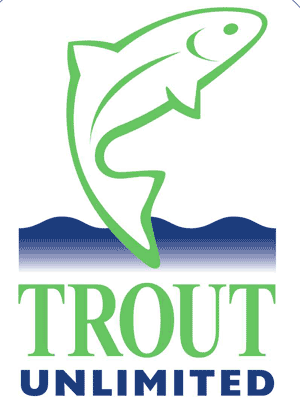Trout Unlimited: Renewables Bill Gets a Second Chance in New Congress
OutdoorHub 02.12.13

Bill would direct funds toward fish, wildlife, counties and states
Congress continues to recognize the value of hunting and angling with the reintroduction of a bill Monday by Senators Jon Tester (D-MT) and Dean Heller (R-NV).
The bipartisan bill would put royalty money from public land wind and solar energy development toward conserving the pristine fisheries and healthy herds of pronghorn, elk and deer the West is known for.
Also important to note is the money this bill would funnel to counties and states, many of whom voiced their support for the bill in its previous introductions.
This legislation underscores the fact that sportsmen and women don’t have to choose between the need for domestic energy and the need for healthy habitat.
“We want our public lands to be great places to fish and hunt,” said Keith Curley, director of government affairs for Trout Unlimited. “This bill would help ensure that when wind and solar energy development occurs on public lands, there are resources available to protect and restore habitat and secure public access in the affected areas.”
The bi-partisan Public Lands Renewable Energy Development Act, S. 279, would bring wind and solar energy in line with other forms of energy development on public lands by establishing a royalty payment system and sharing half of the revenues from development with state and local government. Another portion of the revenues would be placed in a conservation fund to protect and improve habitat and create access for hunters and anglers.
Finding a balance between energy development and habitat conservation is important to communities that rely on jobs from both the energy and outdoor recreation sectors. A report released by the Department of the Interior showed recreational visits to public lands alone generated nearly $48.7 billion in economic activity and supported 403,000 jobs nationwide in 2011. So it goes without saying that maintaining those lands is important.
“We are already seeing wind and solar play a role in our public lands. But right now we lack the resources to balance energy development with fish and wildlife conservation,” Curley said. “This bill gives us some security that as we move forward, the lands that we as hunters and anglers value will be protected.”

